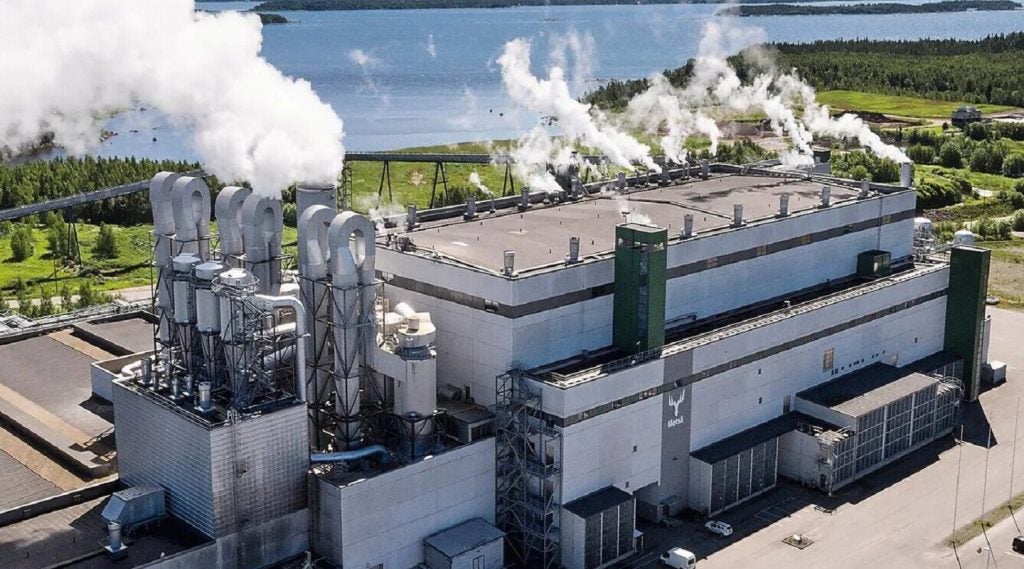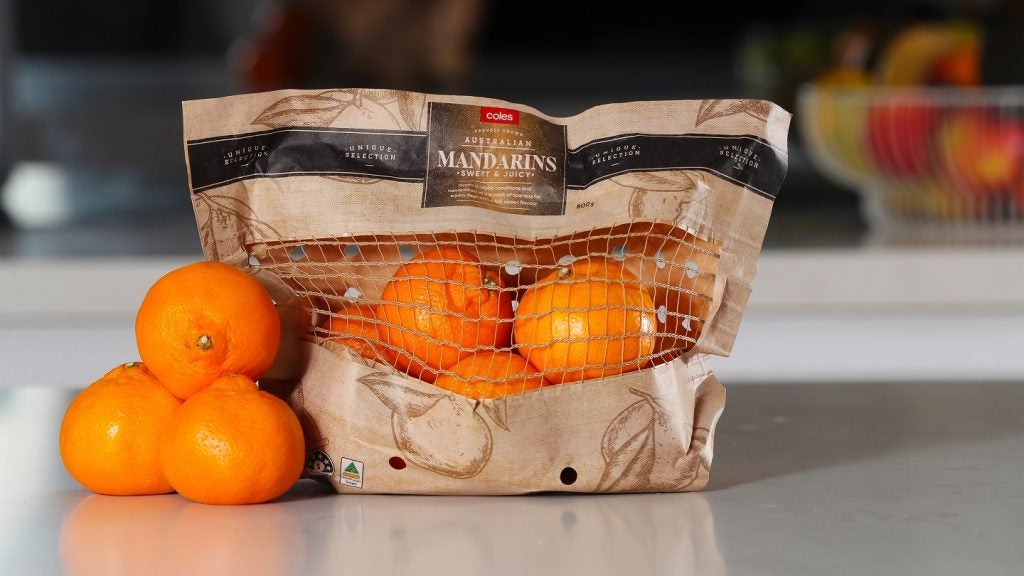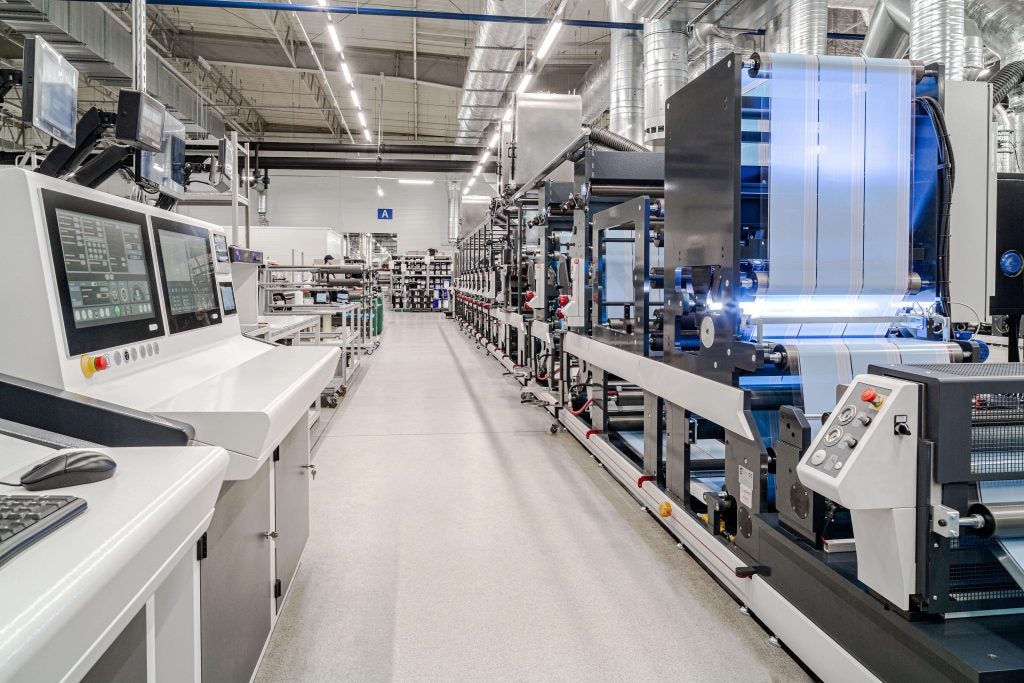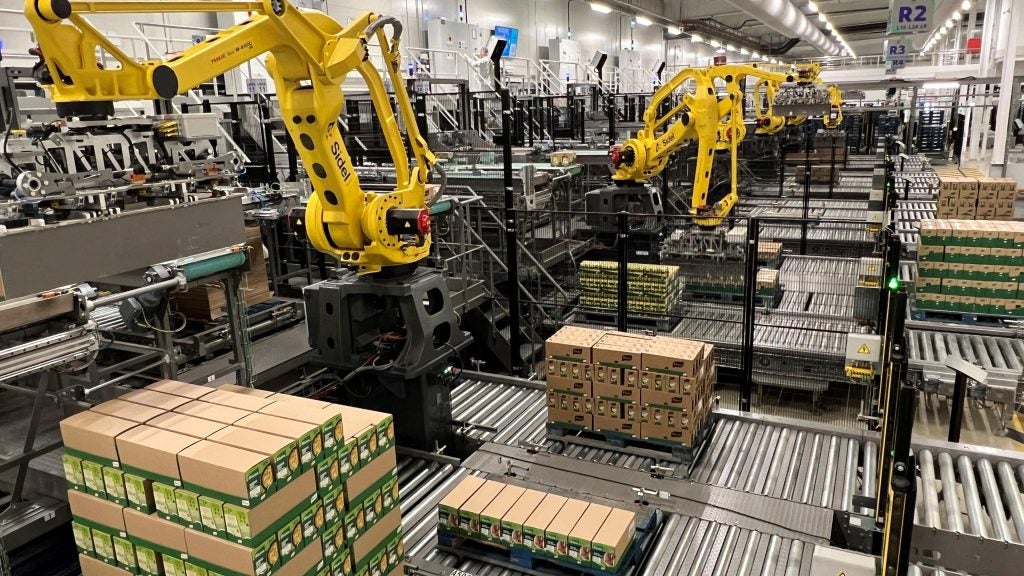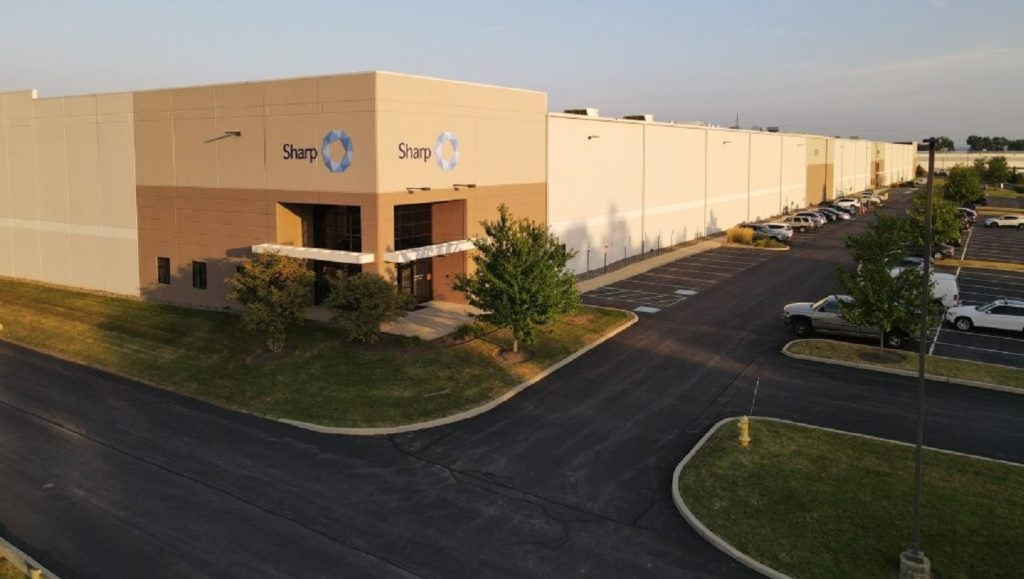Metsä Board, a producer of fresh fibre paperboards, has revealed plans to transition its Kaskinen mill in Finland to fossil-free production by the end of this decade, in line with the targets of Metsä Group.
The Kaskinen mill, situated on the west coast of the country, has a workforce of 80 and a production capacity of 390 kilotonnes annually.
It produces bleached chemi-thermomechanical pulp (BCTMP) for the company's Husum mill in Sweden and other domestic board mills.
The Kaskinen mill currently utilises a bioenergy-based plant and a recovery boiler to generate the necessary steam and heat for its operations.
Metsä Board increased the capacity of the mill in 2018, which was followed by several smaller investments.
Metsä Board Kaskinen mill VP Kaisa Sariola said: “Our position at Metsä Board is pivotal, as our pulp is used in the production of folding boxboards. A significant part of our pulp goes to the Husum mill in Sweden, where recent investments have been made to increase production volumes of folding boxboard.
“Our next goal is to become fossil-free, and we are currently considering other investments, for example, replacing the backup boiler with an electric boiler."
The Kaskinen mill is not only focusing on production advancements but also on evolving workplace practices.
Towards the end of last year, Metsä Board introduced a new individual working time model at the Kaskinen mill, responding to employee preferences for a 12-hour shift system.
"In addition, we try to consider different requests and needs, because we want to treat people on an individual level," added Sariola.
In January this year, the company added eight apprentices at the mill.
Last month, Metsä Board launched its modernised folding boxboard machine in Husum.


